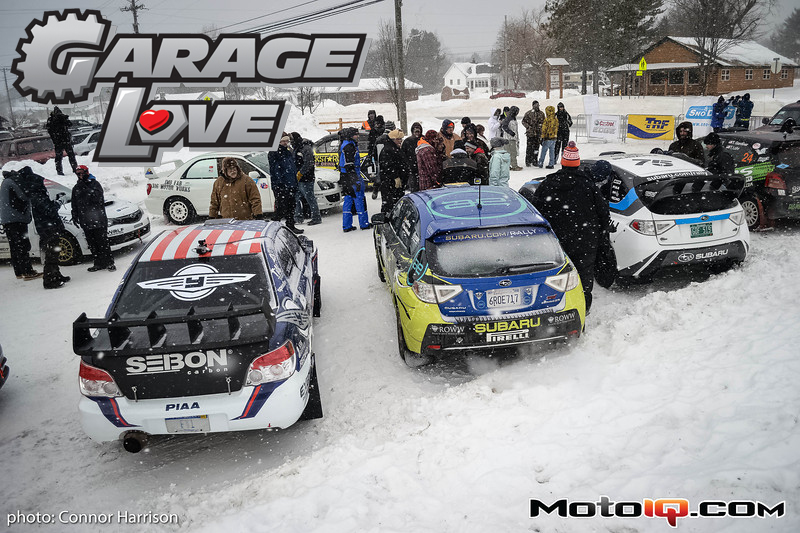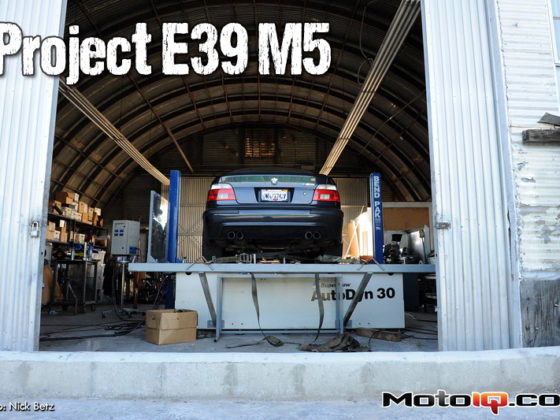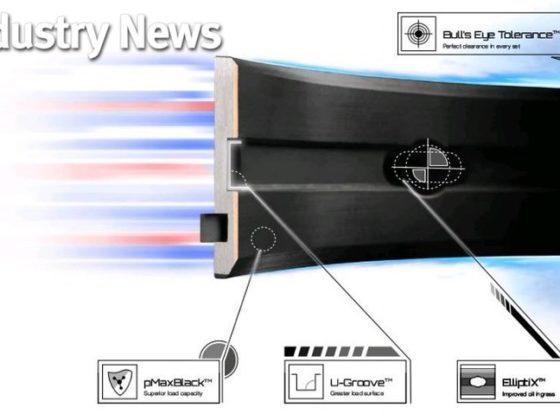,
 Valuable time is shaved during the registration process thanks to custom administrative tools.
Valuable time is shaved during the registration process thanks to custom administrative tools.The NASA Rally Sport administrative tools consist of over 100,000 lines of custom, rally specific, written just for us code. It's impossible to say exactly what this sort of thing would cost if built commercially, but I have spoken with other racing sanctioning bodies about their commercially built systems and $80,000 to $120,000 would not be out of line considering what they spent on their software. So having our organizers and volunteers be able to use that kind of technology is a big benefit to rally. It's 2015… is anyone surprised that software and technology can vastly improve complicated processes?
The second improvement has been the addition of motorcycles to our events. Over the years, motorcycles have contributed over 150 thousand dollars directly to event budgets. No other “class invention” has been this successful ever in US rally in bringing in new racers and new money to the events. More generically, it's thinking outside the box. “The box” is “we are having a car race”. Outside of that it's “The resource we have is a closed road. It's closed for X hours. What can we do with that?” and that becomes a very different assumption.

The final boost has been cooperation with direction. We have a good group of organizers who are all working together in one direction: grassroots rally. I forget who said this, but there's a saying that goes something like “What you say 'no' to helps define your direction a lot more than what you say 'yes' to.” Yes is easy. “Want more racers? More spectators? More sponsors? More media? More coverage? More crew? More horsepower? More stages? More events? More volunteers? More documentation? More more more?” Yes! Yes is easy. Saying yes to everything is easy. So when NRS say “TV? No. Worrying about rally superstars? No. The everyman driver? Yes.” That yes means a lot more when there are 'no's sitting next to it.
Most of the rally community just wants more of everything. It boils down to: “There are FINITE resources. It is NOT possible to optimize for everything.” The word “optimize” in this context does not mean simply “improve”. It means “make improving THIS a priority”. Having an actual priority means something else (chasing TV) is NOT the priority. So our priorities are driven by making things better for the racers, the organizers, and the volunteers.
 Remember back when Dave Coleman used to rally this beater 510? He wouldn't have been able to beat the snot out of this old Dime without an organization to hold the events.
Remember back when Dave Coleman used to rally this beater 510? He wouldn't have been able to beat the snot out of this old Dime without an organization to hold the events. MotoIQ: Fair enough. So what then, is one area that needs to be improved?
Anders: All areas need to be improved. I've been to plenty of rallies, in the US and outside, and I haven't been to a “perfect” rally yet (my own events are certainly included). At every one I went to I saw areas for improvement. But at many of them, I also came back with ideas. So to answer “one area that needs to be improved” it's cross-pollination of ideas by organizers.
We have lots of old timers who are stuck in the “we've done it this way for 20 years, we'll keep doing it this way.” I actually heard this spoken aloud within the last 12 months. And I'll go a step further: we have people in the US who think “Well, if Anders is doing that, we're not going to. We don't want to look like we're just doing what NASA is doing.”
To me, that's crazy. For me, whether I like someone's racing philosophy or not, if I see a good IDEA about how they operate their event, I'm going to use that to improve my event.
 Organization and communication have been the hallmarks of Ander's Rally reboot. Kristopher Marciniak photo.
Organization and communication have been the hallmarks of Ander's Rally reboot. Kristopher Marciniak photo. MotoIQ: What do you see as being the next big thing?
Anders: This question is easy. There is no next big thing. “the next big thing” is a fun thing to think about while having a beer after a rally, like bench racing.
But here's what there is: incremental improvement. It is way less sexy. It's way more boring. It's WAY more work. But it delivers, and not “in the long run”, but in the medium run. Take any aspect of rally. Work on making that a little bit better. Let's say you make it just 2% better. That's nothing. But—all of that improvement compounds. You only have to make something better by 2% thirty five times until it's twice as good as it was. And lots of times you get lucky and make something 20% better.
Most people aren't working on this. Most people also aren't dealing with 100 entries. I'm literally thinking “if I can cut 90 seconds out of how long it takes handle a team at registration, that's over two HOURS of registration time saved”.
 Nasa Rally Sport helps make beautiful roads like these available for rally racers thanks to great organization and hundreds of volunteers.
Nasa Rally Sport helps make beautiful roads like these available for rally racers thanks to great organization and hundreds of volunteers.The model I like to talk about for Nasa Rally Sport is a “franchise model”. Like McDonalds. No one says “I'm going to open a McDonalds because I'm interesting in learning about cooking burgers.” They don't want to research burgers, suppliers, recipes, temperatures, transport—they just want to cook a burger and sell it.
In the same way, no one got into organizing a rally because they want to learn about web databases. Or making PDF forms. Or setting up eCommerce to handle entries. When you think about it that way, it's crazy—but that's happening in the US regularly. They became organizers because they want to get all kinds of rally nuts together and go racing. Every minute spent by an organizer making a form or reinventing the wheel in some other way is a minute wasted. The NRS model is “We will give you all the tools, for registration, volunteers, scoring, photo hosting, everything. Get some roads and some friends and put on a rally.” Don't waste your time reinventing the burger recipe.
MotoIQ: Where do you see side-by-side utility vehicles fitting into this? Are they a side item on your menu or a game changing main course?
Anders: Neither. Side-by-Sides are one more “customer” we can fit on the closed road. Getting them (and quads) fully sorted will take time due to road legality issues. We've run SxSs and quads already on a limited basis and are still working those problems out.
MotoIQ: Thank you for your time, Anders—and as enthusiasts of the sport, an additional “Thank you” for helping this sport grow. You rock.



